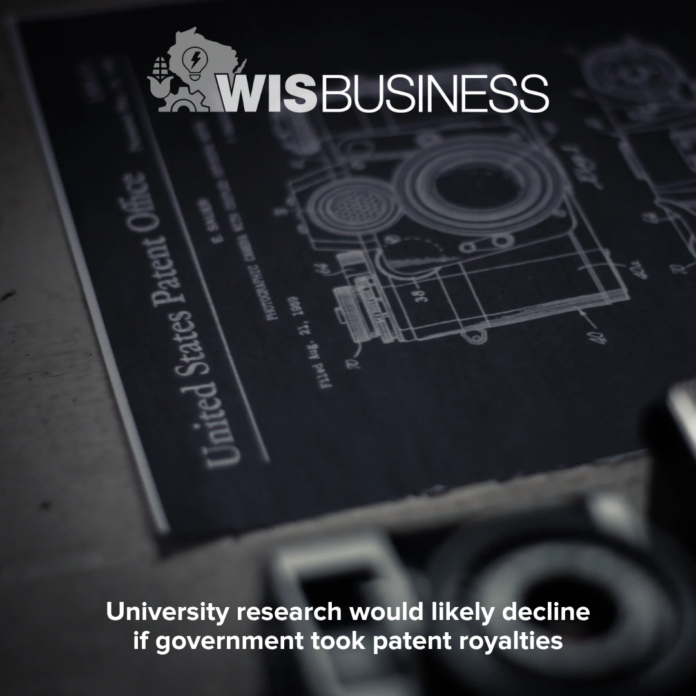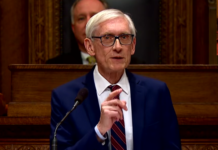Innovation-inspiring funding for decades of research and patents in Wisconsin would be rolled back if the federal government skimmed profits from patents developed by federally funded universities, experts say.
Commerce Secretary Howard Lutnick last month in an interview with The Hill said it’s unfair that the federal government gives universities around the country billions of dollars for research and gets “zero” in return. He argued the U.S. should at least get some of that money back when the research it funds creates profitable patents.
“In business, if I gave them 100% of their money, I would get half the profits, with the scientists,” he said. “So I think if we fund it and they invent a patent, the United States of America taxpayer should get half the benefit.”
No formal proposal for such a plan has been introduced so far.
But Lutnick’s remarks, if enacted, would mean undoing the Bayh-Dole Act of 1980. The act says if government-funded research at universities yields a patent on new technology it is owned by that university while the government can use the tech for free.
Since 2020, the federal government has given universities in Wisconsin at least $3.8 billion in research funding, according to AUTM figures. That figure does not include 2025 figures for any school, nor does it include 2024 numbers for the Wisconsin Alumni Research Foundation, which gets roughly three-fourths of all federal tech research funding that goes to Wisconsin.
AUTM, formerly known as the Association of University Technology Managers, represents over 3,000 universities, research centers, hospitals, businesses and government organizations involved in tech transfer.
Bayh-Dole Coalition Executive Director Joe Allen told WisBusiness that Lutnick’s idea would jeopardize the ROI the government currently gets, adding “the idea that the government’s somehow getting ripped off when the University of Wisconsin commercializes something is not accurate.”
“The government is funding research at any university, including your universities, for two purposes,” he argued. “One of which is a basic search, which is to expand human knowledge, and the other is for mission research, like to find a new sensor to help locate Chinese submarines, or whatever. That’s what they’re paying for.”
While AUTM doesn’t yet have federal funding figures from WARF, it does show the Madison-based tech transfer organization obtained 18 of the 20 total patents that came from federally funded research universities in Wisconsin in 2024.
The year 2023, the most recent year AUTM reports complete data for, shows clear correlation between an increase in federal funding and an increase in patents:
- WARF received $816.8 million and obtained 19 patents.
- The Medical College of Wisconsin received $162 million and obtained eight patents.
- WiSys Technology Foundation, which supports public universities, received $11.3 million and obtained five patents.
- The UW-Milwaukee Research Foundation received $19.7 million and obtained three patents; and
- Marquette University received $20.1 million and obtained one patent.
Allen also noted the idea that Lutnick floated was considered back when the Bayh-Dole Act was being negotiated, but it was dropped because federal agencies found it would cost the government more money to monitor university agreements than a 50% royalty would generate.
He also argued it would stifle innovation in the U.S. because the royalty would cut into universities’ research funding, which would have to be made up in their budgets and would inevitably yield less money toward actual research.
Past Wisconsin Tech Council President Tom Still said “it would be a mistake” to roll back the legislation, which he said “released a torrent of innovation in America’s public universities and beyond, much to the benefit of America’s overall economy and its position in the world.”
“Less innovation means fewer patentable discoveries and fewer companies that can produce profits and tax revenue for all levels of government, not just the federal government,” he added. “Let’s not strangle the goose that has laid a lot of golden eggs over the last 45 years.”
Several of the Wisconsin universities noted in this story declined to comment on Lutnick’s idea, noting they usually don’t comment on policy issues unless a formal proposal is made.







